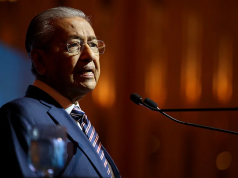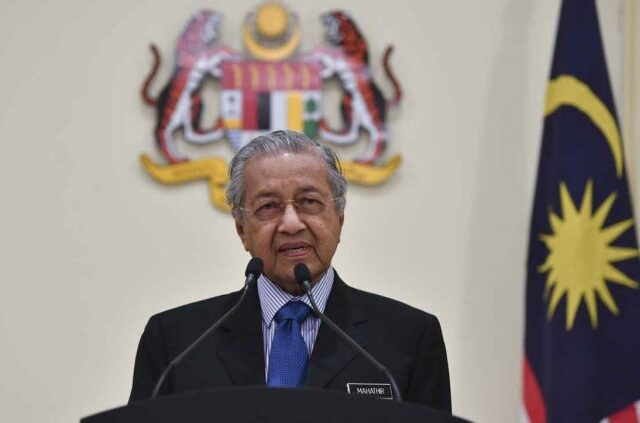Paris – “France has won,” declared Emmanuel Macron on Sunday evening, after voters handed him victory in the country’s presidential election, but he is well aware that his biggest challenges are still to come.
“The task ahead of us is immense,” he repeatedly told thousands of supporters in front of the Louvre museum.
The 39-year-old, the country’s youngest ever president, offered voters an optimistic vision of an economically vibrant France at the centre of the European Union.
It would be a country where young people, even from the most disadvantaged areas, could hope to make a career.
But France is more than likely in for a hot summer once he tries to put his economic reform programme into effect.
Emmanuel Macron in Paris after victory – Emmanuel Macron waves to supporters at the Louvre in Paris, France, on May 7, 2017, after his victory in the country’s presidential election. Photo: Michael Kappeler/dpa
With his proposal to make laws on working conditions more flexible, he has already set himself up for a confrontation with trade unions and the left. On the campaign trail, the former investment banker was memorably booed by workers at one under-threat factory.
Macron says he needs to give French business the flexibility to compete on the European level and the confidence to take on new workers.
His opponent Marine Le Pen repeatedly attacked him on the issue, arguing that it would lead to a race to the bottom in employment standards.
The new president is so determined to push his labour law reforms through quickly that he says he will legislate by decree in the course of the summer instead of steering them through the normal parliamentary process.
He hinted at this again in his victory speech on Sunday evening: “I will not let myself be stopped by any obstacle,” he vowed.
Macron’s labour law plan “amounts to starting building work with a bulldozer in a minefield,” newspaper Le Monde remarked.
“There is likely to be a powerful protest movement during the next weeks which could quite easily block the country or make it very difficult to put his reforms through,” says Julie Hamann, an expert with the German Council on Foreign Relations.
Apart from this obstacle, Macron has to reunite a country that the election showed to be deeply divided, she says.
And with many voters selecting him out of aversion to Marine Le Pen’s National Front rather than enthusiasm for his own leadership, “he needs to realize that his victory was not a strong victory for his programme or policies.”
But even to get started, the youthful president has to overcome his most immediate political challenge.
France’s constitution divides up power between the president and the prime minister. The latter has to have the support of parliament.
Unless Macron’s newly-formed En Marche! (Forward!) movement wins a majority in June’s parliamentary elections, he will have to strike deals to get his choice of prime minister into place and push his legislative programme through.
If a rival party wins a majority, he will have little choice but to appoint one of its members of prime minister, and will lose control of the domestic political agenda.
The challenge is, as he said, immense: En Marche! was only formed last year.
Macron is not making things easier for himself either: to ensure the break from the past he promises, he says half his candidates will be new to politics.
The only opinion poll so far on the parliamentary elections suggested that En Marche! could take between 249 and 286 seats of the National Assembly’s 577 seats.
But the right-wing Les Republicains party, keen to reassert itself after the disappointing third-place performance of its scandal-hit presidential candidate Francois Fillon, will be no walkover.
The poll, by Ipsos for Le Monde and a political research centre, showed Les Republicains taking 200 to 210 seats.
“Even if he has a majority he will face strong opposition, with probably a bigger parliamentary group from the National Front,” Hamann warns.
“Everything depends on how quickly his reforms are effective,” Hamann says, noting that the very party he defeated on Sunday may yet come back to haunt him.
“If people realize that their personal situation is getting better – in terms of unemployment, social tensions, insecurity – that is the only way to prevent further success for the National Front.”
-dpa











